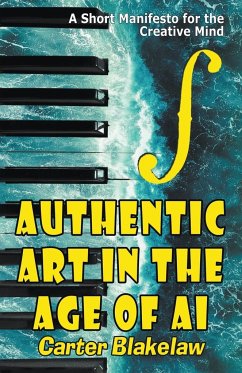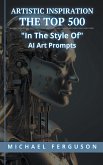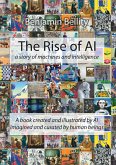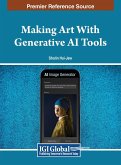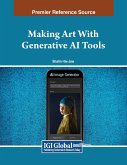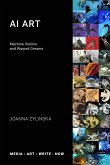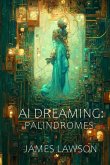Tune in to what is uniquely human about you, and channel a creativity that is beyond the reach of AI. Painter, poet, composer, performer, or prose monkey-aspiring artist or seasoned pro-if you're after a deeper perspective, this book is for you. To say that we humans 'feel' while an AI does not hardly scratches the surface. In this book Blakelaw uses a specific theory of what makes us conscious to spell out what makes us different from-and superior to-even the smartest machines (which is what an AI is, after all). Conscious experience is not a simple thing; it is causative and it offers us freedoms in ways that are not immediately obvious. Out of a Babel of arguments and considerations about the threats, promises, and challenges of AI, Blakelaw arrives at a broad manifesto that should inspire any artist in any field to keep raising their game, and never stop. Only a human being can be Authentic. That is the key.

